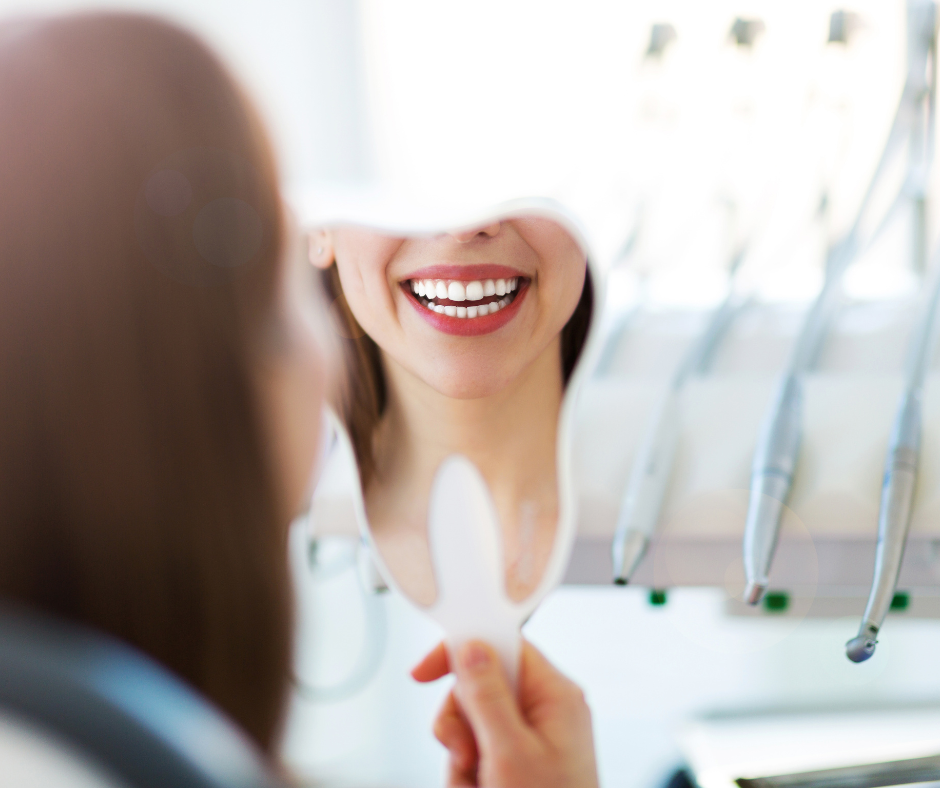Dental crowns and substitutes are often utilized for replacing lost or broken teeth for patients seeking both cosmetic and functional benefits. Appropriate upkeep and care are necessary to guarantee the longevity and efficacy of these procedures, regardless of when you had them done or are considering them. In this article, we’ll go over some essential guidelines for taking good care of your dental crowns and bridges in NSW.
Steer Clear Of Sticky and Hard Foods
Even though dental bridges and crowns are strong, foods that are sticky or hard might still harm them. Chewing on ice, hard candies, nuts, and sticky sweets should be avoided as they may cause the crowns or bridges to break or come loose. Sleek meals are a better alternative because they won’t be as harsh on your teeth.
Maintain Proper Dental Hygiene
Maintaining proper oral hygiene is essential to the longevity of your dental crowns and implants. Brush your teeth at least twice a day with toothpaste that contains fluoride and floss regularly to remove plaque and debris that can build up around crowns and bridges. To stop infection and deterioration, pay particular consideration to the region where the crown and gum line meet.
Schedule Routine Dental Examinations
Regular dental exams are essential for monitoring the condition and quality of your dental crowns and bridges. During these visits, your dentist will assess the crowns and bridges’ condition and take immediate action to fix any problems that could cause more harm or complications.
Put on a Mouth Guard
Using a protective appliance can help shield your dental crowns and bridges from harm if you grind your teeth at night or play contact sports. Having a mouth guard fitted specifically by your dentist ensures maximum security and maximum comfort.
Give up Smoking
Smoking can shorten the life of dental crowns and bridges because it raises the risk of gum disease and other oral health issues in addition to discoloring teeth. Giving up smoking has several advantages for your oral health in general and for maintaining the quality of your dental treatment.
Never Use Your Teeth as a Utility
You run the risk of damaging or prematurely failing your dental crowns and bridges if you use your teeth for chores like opening bottles, tearing packages, or other repetitive motions. To protect your dental work, always use the proper instruments for these activities.
Deal with Problems Right Away
Do not put off getting dental care if you feel any pain or distress, or if you see damage to your dental crowns or bridges. Ignoring issues might worsen their effects and necessitate more complicated medical interventions to fix them.
Observe the Guidelines for After Treatment
If you recently had a dental crown or bridge placed, pay close attention to any aftercare instructions that your dentist gives you. To aid in healing and avoid complications, they may include following particular cleaning guidelines, limiting one’s diet, or using medication.
Last Thoughts
Maintaining the durability and efficacy of your dental crowns and bridge treatment in NSW requires proper upkeep and care. You can make sure that your dental work lasts for many years to come and that you can enjoy a beautiful and healthy smile by maintaining proper oral hygiene, abstaining from bad habits, scheduling routine checkups, and taking care of problems as soon as they arise. Remember that your dentist is your partner in maintaining good oral health, so don’t be afraid to ask for help if you have any queries or worries about maintaining your bridges and crowns. You may have a self-assured, healthy grin for the rest of your life with the correct maintenance. To get trustworthy bridge dental services in NSW, contact today at Super Dental Care. Super Dental Care is dedicated to providing exceptional dental care with a human touch. Their group of professional hygiene professionals, dentists, and other personnel are committed to helping patients develop enduring relationships via direct interaction, respect, and trust.


